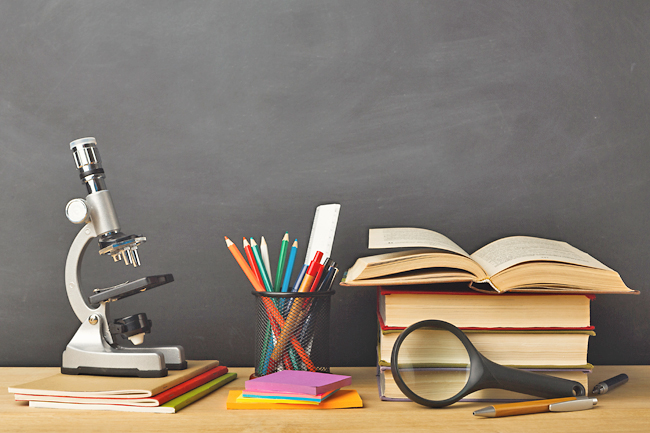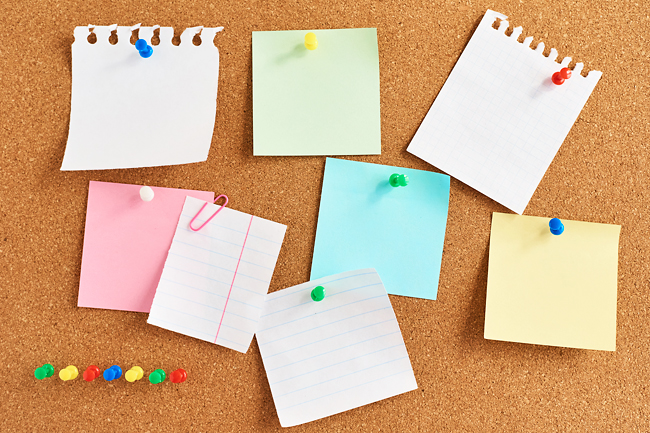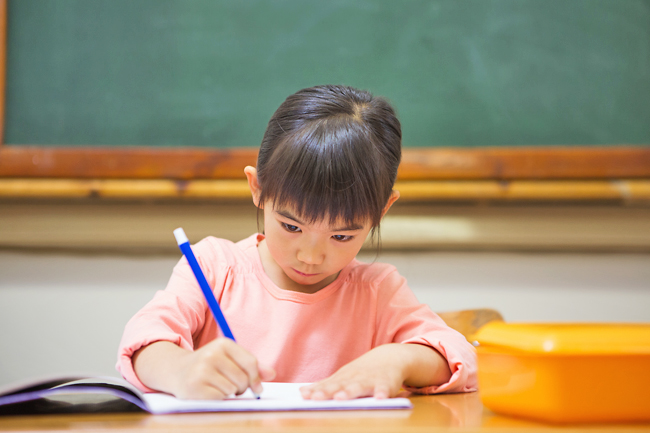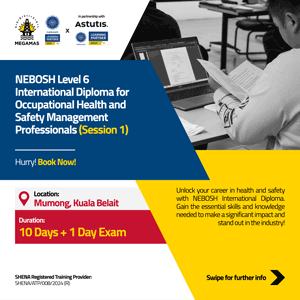For many parents, the word “assessment” can send a shiver down the spine. And for children, the idea of sitting down to prepare for a test can feel like a dull and daunting task.
But what if preparing for school assessments could be transformed into something fun and engaging?
With a few creative tweaks and a dash of playfulness, you can help your little ones get ready for their assessments without the tears and tantrums.
Here’s how to turn those study sessions into enjoyable bonding experiences.
GAMIFY THE LEARNING PROCESS
Kids love games, so why not turn revision into a game? Think of ways to bring their subjects to life with simple, playful activities.
If they’re studying spelling words, try playing a game of “Spelling Bee Showdown”.
Set up a small stage in the living room and take turns acting as the announcer and the contestant. Award points and prizes, like an extra 10 minutes of playtime or a fun snack, to keep them motivated.
For maths, you can play “Maths Treasure Hunt”.
Write simple problems on sticky notes and hide them around the house. When your child finds a note, they solve the problem to earn a clue that leads to the next one, with a small treat hidden at the end.
By making study time feel like a treasure hunt, kids are more likely to stay engaged and excited about learning.




INCORPORATE CREATIVE STORYTELLING
Storytelling is a fantastic way to help young minds remember facts and concepts. If your child has a history test coming up, turn it into a bedtime story with a twist. Take historical figures and give them funny voices or quirky traits, making the past come alive.
Imagine Julius Caesar as a character who only speaks in rhymes or Queen Elizabeth I as someone who always misplaces her crown.
These silly twists can help your child remember key details while adding a bit of laughter to the learning process.
Science concepts can also be turned into adventurous stories. For instance, if your child is learning about the water cycle, make up a story where Water Droplet Dave goes on a journey through clouds, rain, rivers, and oceans.
Through these imaginative tales, the key facts become easier for kids to recall.
CREATE A RELAXING STUDY SPACE
A change of scenery can make a big difference when it comes to studying. Transform a corner of your home into a cosy study nook that your child will love spending time in.
Let them choose a theme – maybe a “space explorer” corner with stars and planets or a “jungle study spot” with leafy decorations.
Add a comfy chair, some colourful stationery, and perhaps a favourite soft toy for comfort.
When kids feel comfortable and excited about their study space, they are more likely to focus during study time. It can become a place where they feel in control, making the idea of assessments less intimidating.
USE MUSIC TO BOOST FOCUS
Music can be a great tool for helping kids concentrate, especially if they struggle with sitting still. Put together a playlist of gentle, instrumental tunes to play in the background during study sessions. Some children might enjoy classical music, while others might prefer nature sounds like rain or ocean waves. The key is to find something that helps them relax without becoming a distraction.
For younger kids, you can even make up songs about their study topics. Need to memorise times tables? Set them to a catchy tune and sing along together.
The more fun and musical you can make it, the more likely they are to remember the information.
TURN PRACTICE INTO ART TIME
If your child loves drawing or crafting, use this passion to reinforce their learning. For example, if they need to study a life cycle of a plant, get out some crayons and paper and have them draw each stage – seed, sprout, plant, flower.
They could even make a “Learning Poster” for different subjects, where they write or draw key points and decorate it with colourful illustrations.
Not only does this reinforce what they’re studying, but it also gives them a creative outlet.
They’ll take pride in their artwork and might even want to hang their creations up in their room, turning their studies into visual reminders that are always nearby.
PRACTISE MINDFULNESS TOGETHER
Assessments can be stressful, even for little ones, and learning how to manage those feelings is just as important as studying. Introducing simple mindfulness exercises can help them stay calm and focused during preparation time.
Try breathing exercises, like pretending to blow up a big balloon – inhale deeply, and then slowly “release” the air.
This can be a fun way to help your child unwind if they start feeling anxious about their upcoming assessment.
You can also try “Magic Minutes”, where you both sit quietly with your eyes closed for one minute, thinking about a happy place or memory.
These little breaks can recharge their focus and remind them that it’s okay to take things one step at a time.
CELEBRATE SMALL WINS
Don’t wait until the assessment is over to celebrate – acknowledge the effort your child is putting in along the way.
After a productive study session, reward them with a fun activity, like a visit to the park or an extra chapter of their favourite bedtime story.
Positive reinforcement not only makes them feel good about their efforts but also helps them associate studying with positive experiences.
Remember, it’s not about achieving perfect scores; it’s about encouraging a love for learning and helping them build their confidence.
By celebrating their small wins, you teach them that every bit of progress is worth acknowledging. – Izah Azahari






